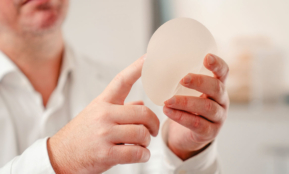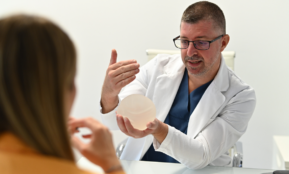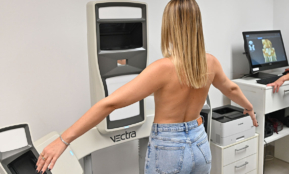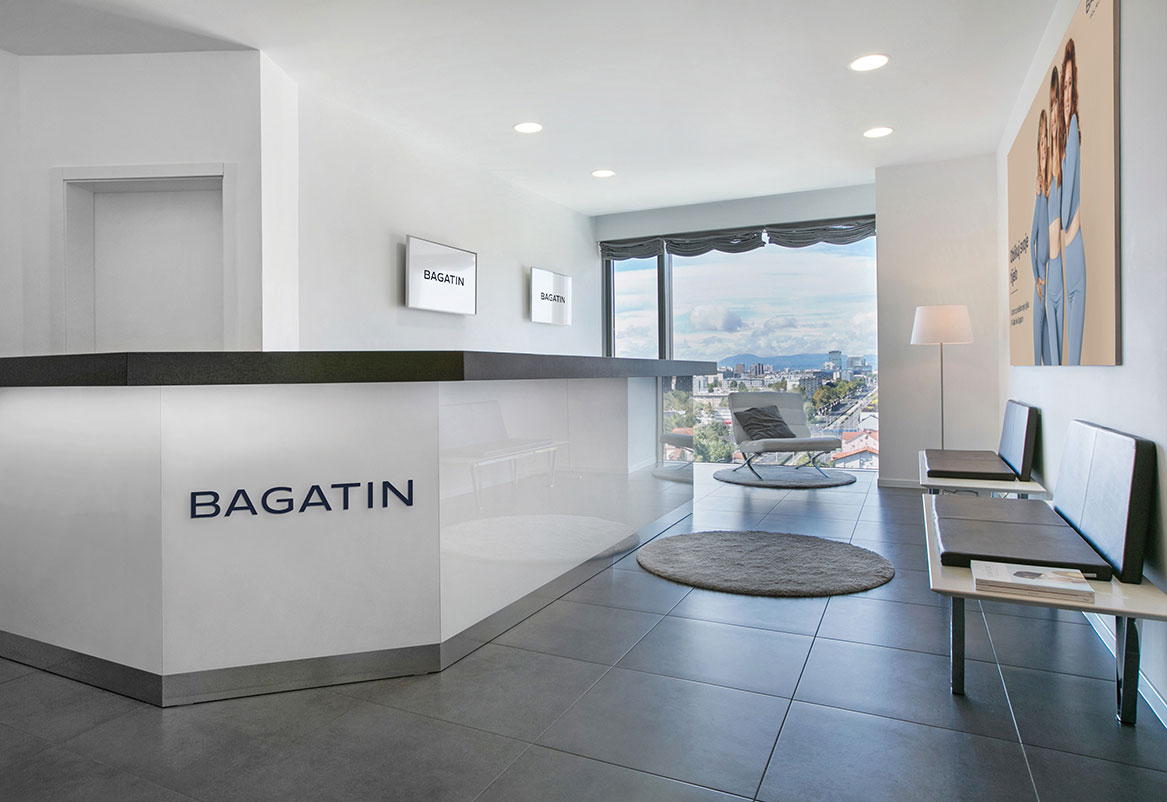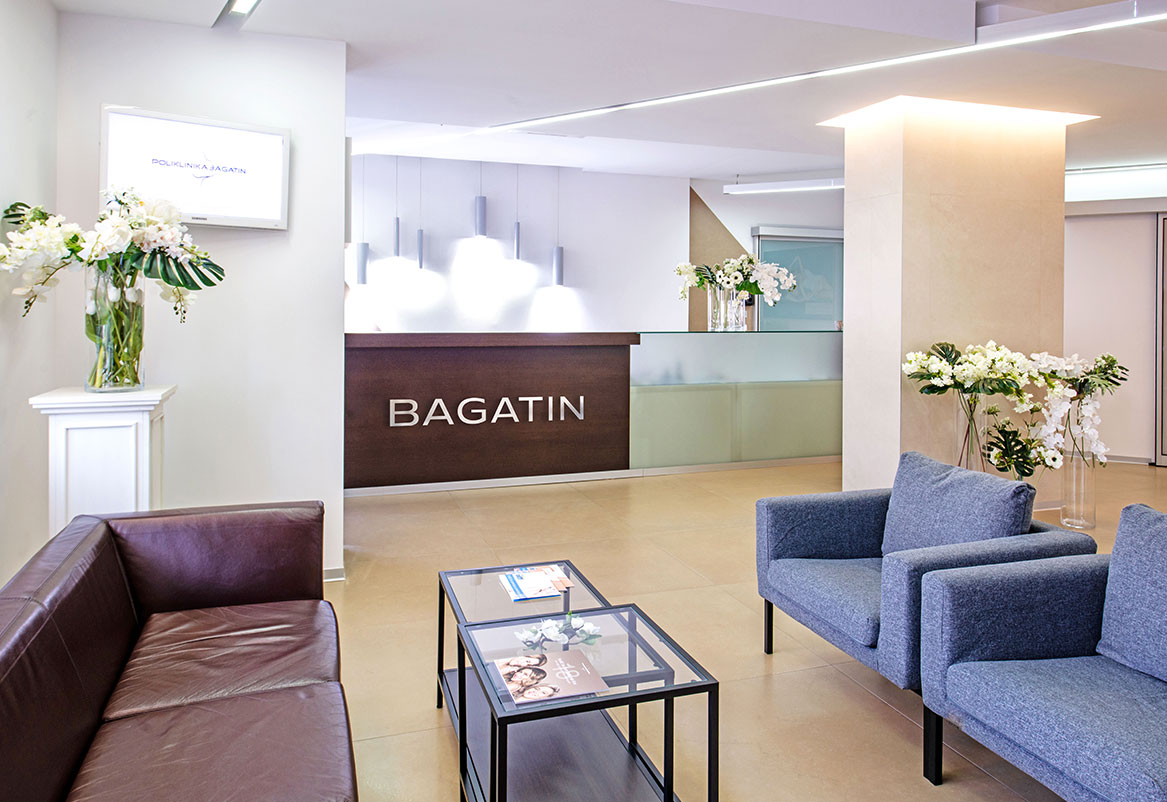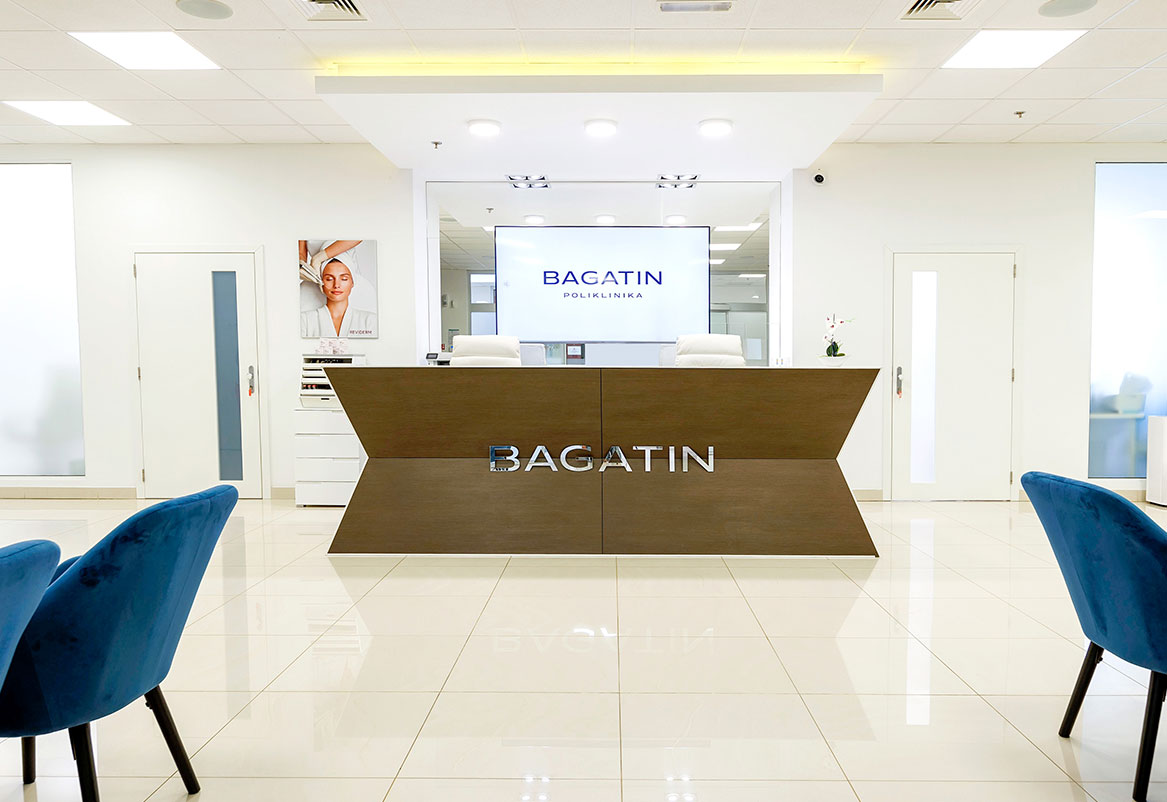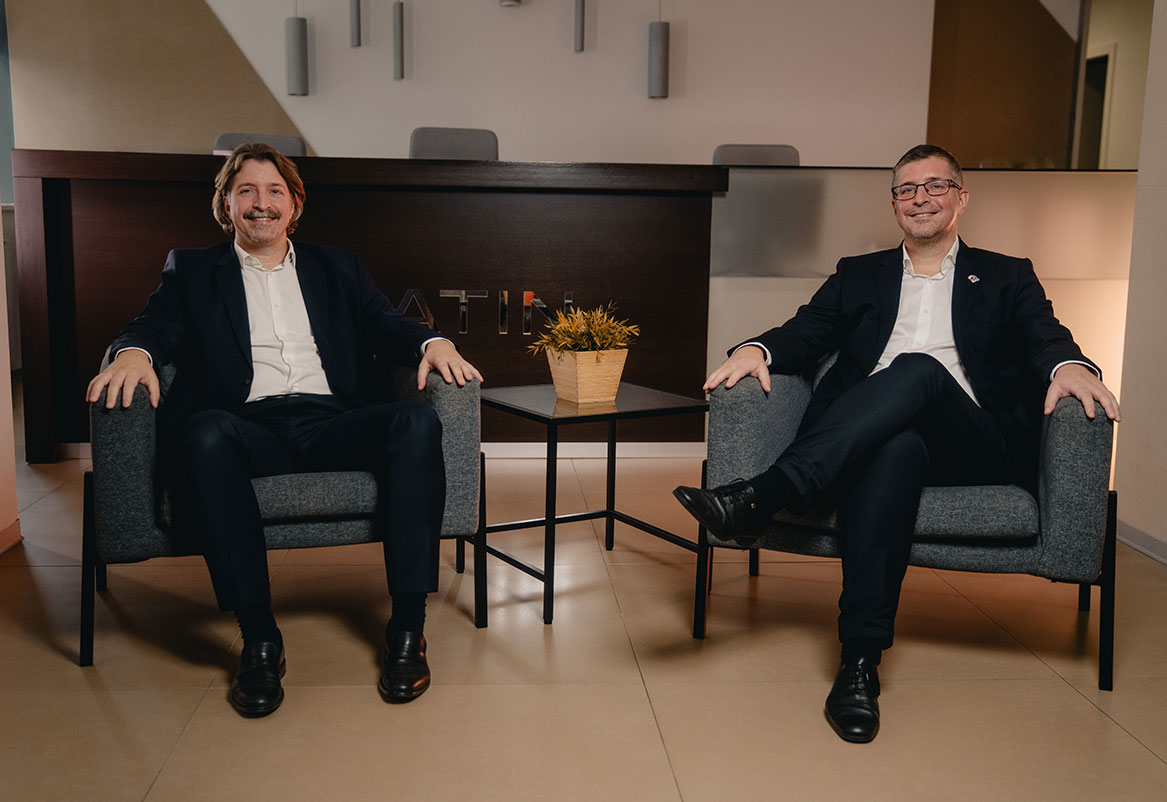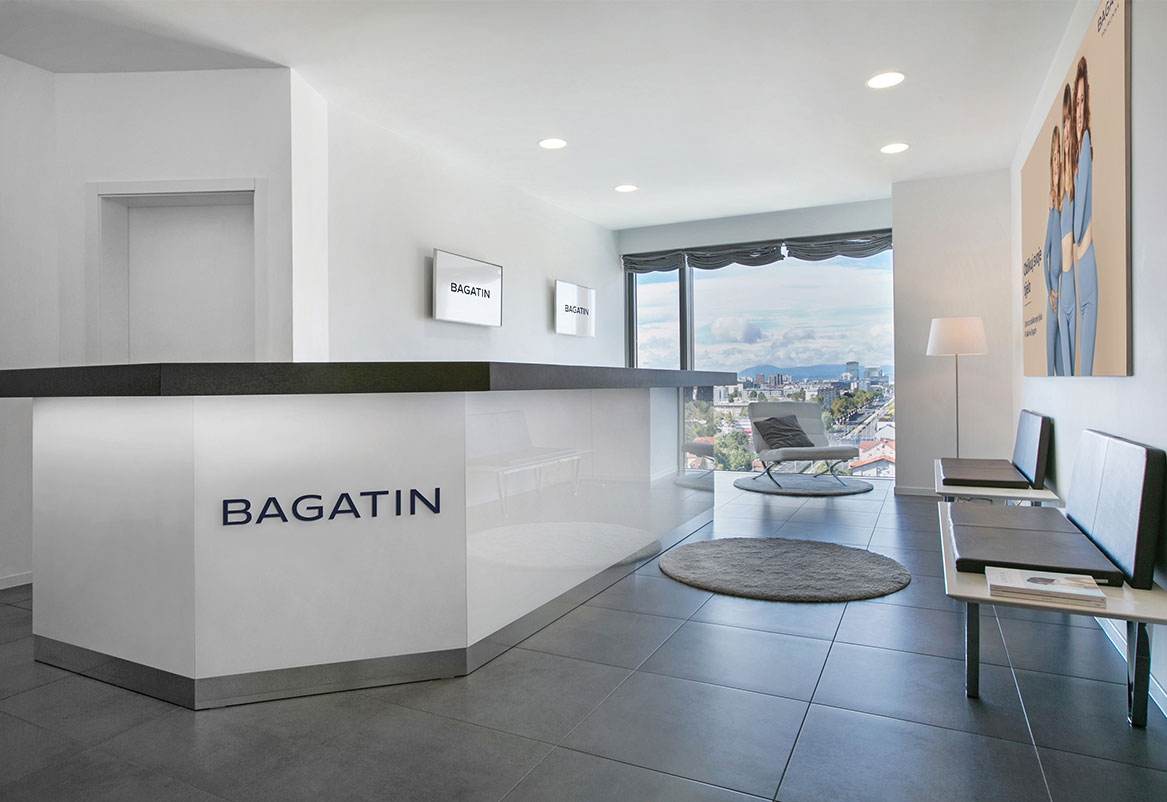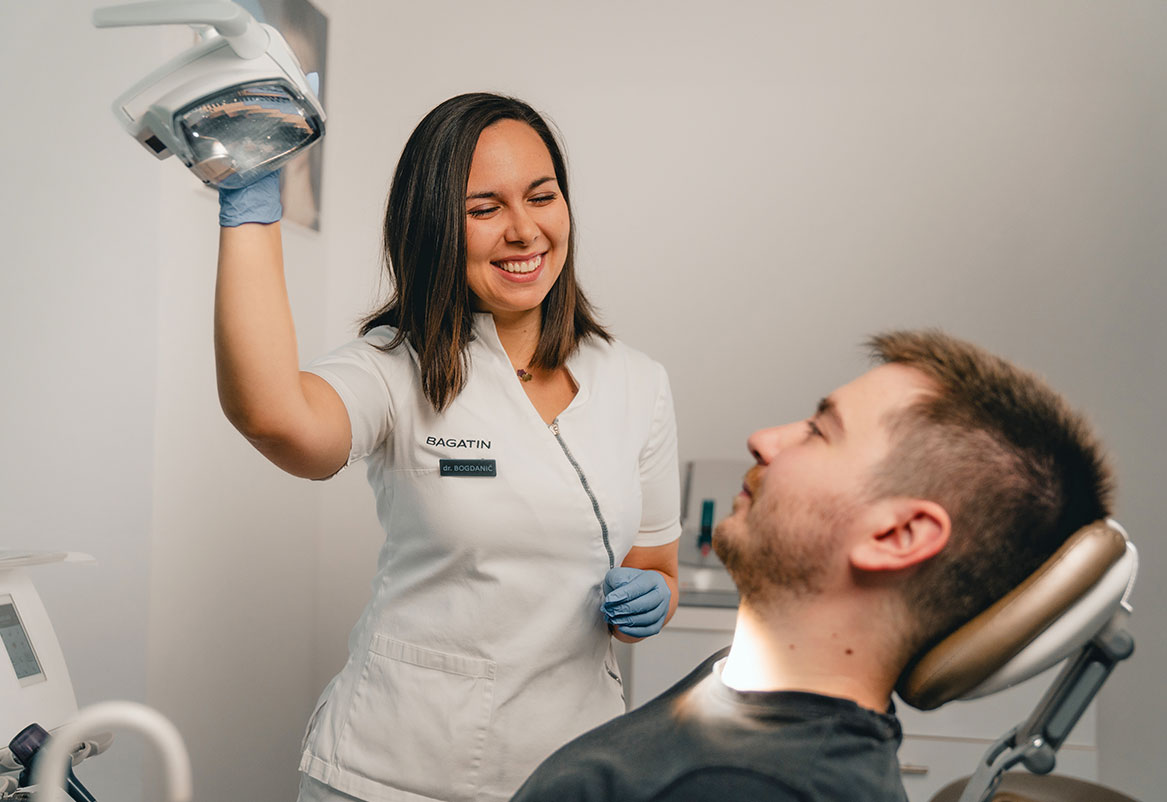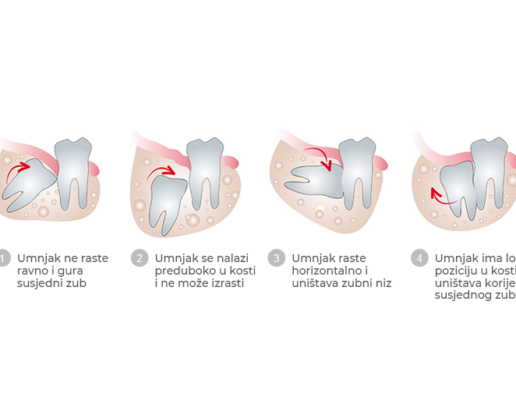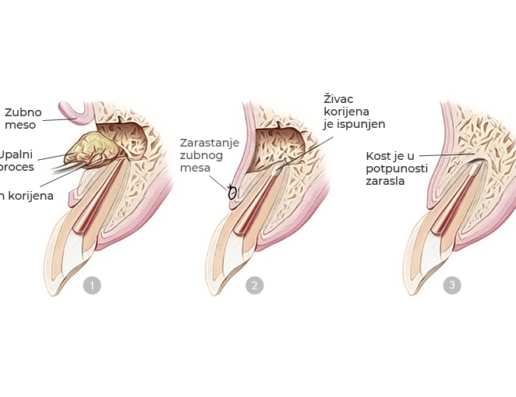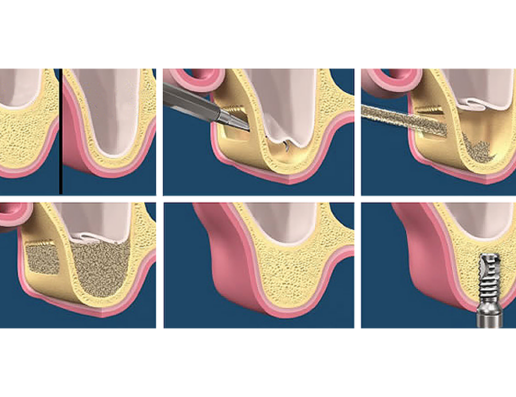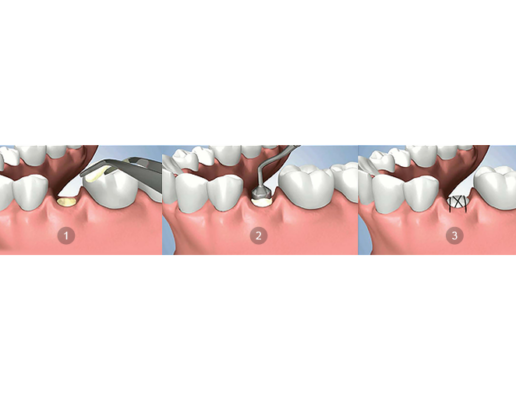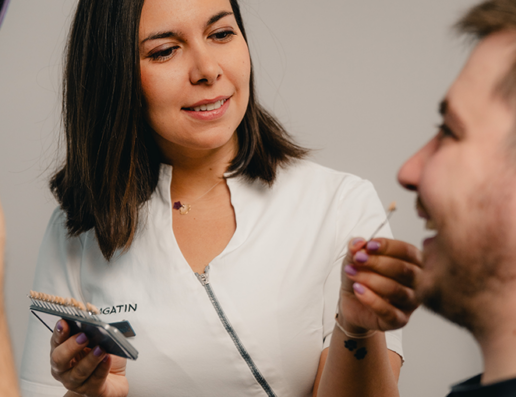Aesthetics
Face
The most modern facial treatments help you look younger, more elegant and happier.
Body
Feel comfortable in your body and correct sources of discomfort.
Chest
Make your wish for a better appearance come true and restore your self-confidence with aesthetic correction.
Hair and scalp
Minimally invasive solutions for hair loss and a natural look.
Issues
Find solutions to some of the most common aesthetic problems.
Treatments
Treatments
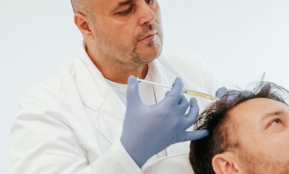
Hair and scalp mesotherapy
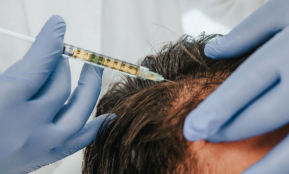
Thinning hair therapy with your own blood
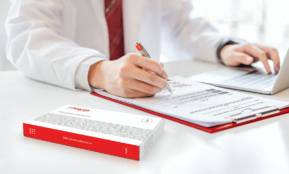
Trichotest – DNA analysis of hair loss and baldness

Hair loss in women – causes and how to prevent it

Hair loss in men – causes and how to prevent it

Alopecia – hair loss
FACE

BODY

Implantology Center
Different methods of solving the problem of missing one or more teeth.
Prosthetics
The most common solution in cases of functional or aesthetic tooth damage.
Aesthetic Dentistry
Harmonious tooth shaping and tooth color correction according to your wishes.
General Dentistry
Modern and timely diagnostics, treatment and dental hygiene are the key to the health of your teeth.
Issues
Find solutions to some of the most common aesthetic problems.
About us
Locations
Oral surgery encompasses all procedures that require cutting or removing tissue or teeth from the oral cavity.
Changes in the oral cavity occur continuously and require constant repairs to reduce further damage and correct aesthetic and functional irregularities. The reasons for tooth extraction are diverse and include a wide range of changes in the oral cavity such as the appearance of caries, inflammatory diseases of the oral cavity or the emergence of wisdom teeth that need to be removed. All of these changes affect the appearance of the oral cavity and, if not treated surgically, can lead to undesirable consequences for patients.
The most common procedures within oral surgery are tooth extraction and alveotomy, apicotomy, cystectomy, bone augmentation, sinus lift and implant placement.
Candidates
Candidates for any oral surgery procedure are patients with dental problems that cannot be resolved with conservative methods.
The most common symptoms that patients experience are severe pain, swelling, inflammation, anomalies and defects, and the decision to undergo the procedure will be made easier by a dentist’s referral based on diagnostics.
Preparation
When one of the symptoms appears, the patient comes for a consultation with a dentist.
If it is determined that there is a need for any surgical procedure at the Bagatin Polyclinic, a CBCT scan of a specific area or the entire jaw must be performed.
To prepare for surgery, a detailed medical and medication history, as well as the patient’s allergies, is required.
Also, before the procedure itself, it is necessary to clean and sanitize the area around the site where the procedure will be performed.
Procedure progress
All oral-surgical procedures are performed under local anesthesia, so they are completely painless.
The incision is made to reach the desired area and, depending on the type of procedure, may include tissue removal, implant placement, bone reconstruction, etc.
Every oral surgical procedure ends with suturing or some other procedure to close the wound and protect the operated area.
Recovery
Pain and swelling are possible for the first few days, and as recommended by your oral surgeon, painkillers and cold compresses may help.
Regarding diet, soft and liquid foods are recommended and hot, hard and spicy foods are avoided.
Maintain regular oral hygiene, while paying attention to the wound. It is necessary to remove plaque from the stitches daily with a swab dipped in oral antiseptic.
Do not rinse your mouth with mouthwash for the first 24 hours after the procedure, and after 24 hours, if there is no bleeding, rinse every four hours (without shaking).
Precautions
It is important to follow all instructions for maintaining hygiene and taking prescribed antibiotics.
Do not smoke for 5 days after the procedure and as long as there is bleeding. It is recommended that you do not smoke for the next month.
Avoid physical activity until the wound heals, especially for three days after the procedure.
Proper preparation, performance, and postoperative care are crucial to the success of oral surgical procedures and the health of patients.
Price
In cooperation with banks, Bagatin Polyclinic provides the option of paying in installments, as well as interest-free payments up to a certain number of installments.
You can check more about payment methods and treatment prices in the current price list of the Bagatin Polyclinic:
They said about us...
Your
Frequently asked questions
Contact us
Contact us with confidence.
By filling out this form, our call center will contact you within 24 hours to arrange your appointment. We keep all information you provide us with in the strictest confidence.
Phone:
E-mail:


